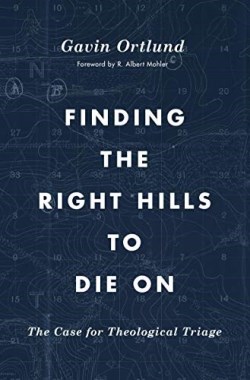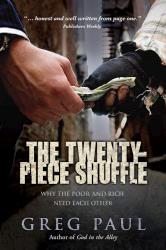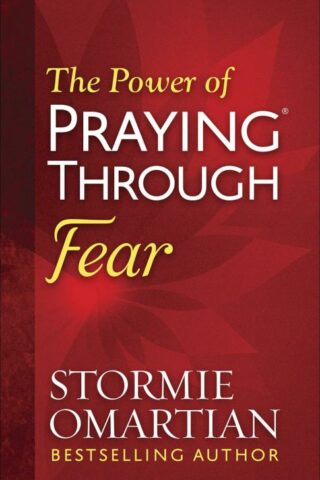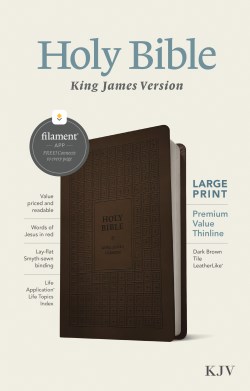Gavin Ortlund
Showing all 2 resultsSorted by latest
-
Art Of Disagreeing
$12.99In this positive and practical book, Gavin Ortlund looks to the Scriptures to discover a way in which to disagree with others that leads to greater understanding, peace and love–and that shows a watching world something of Jesus.
This is a much-needed message in a society that is losing the ability to disagree well. Whether over politics, religion, culture, or the more everyday issues of normal life, points of view tend to be held with a polarizing intensity. Too often we view disagreements as must-win contests or we simply do our best to avoid them altogether.
Looking to Jesus’ example of courage and kindness, readers will be given a framework for engaging in intense disagreements with a love that furthers relationships instead of hindering them.
So, whether you tend to fight or flee, learn how to keep calm and stay friends–even when you disagree.
Add to cartin stock within 3-5 days of online purchase
-
Finding The Right Hills To Die On
$17.99In theology, just as in battle, some hills are worth dying on. But how do we know which ones? When should doctrine divide, and when should unity prevail? Pastor Gavin Ortlund makes the case that while all doctrines matter, some are more essential than others. He considers how and what to prioritize in doctrine and ministry, encouraging humility and grace along the way. Using four basic categories of doctrine in order of importance, this book helps new and seasoned church leaders alike wisely labor both to uphold doctrine and to preserve unity.
Add to cartin stock within 3-5 days of online purchase







